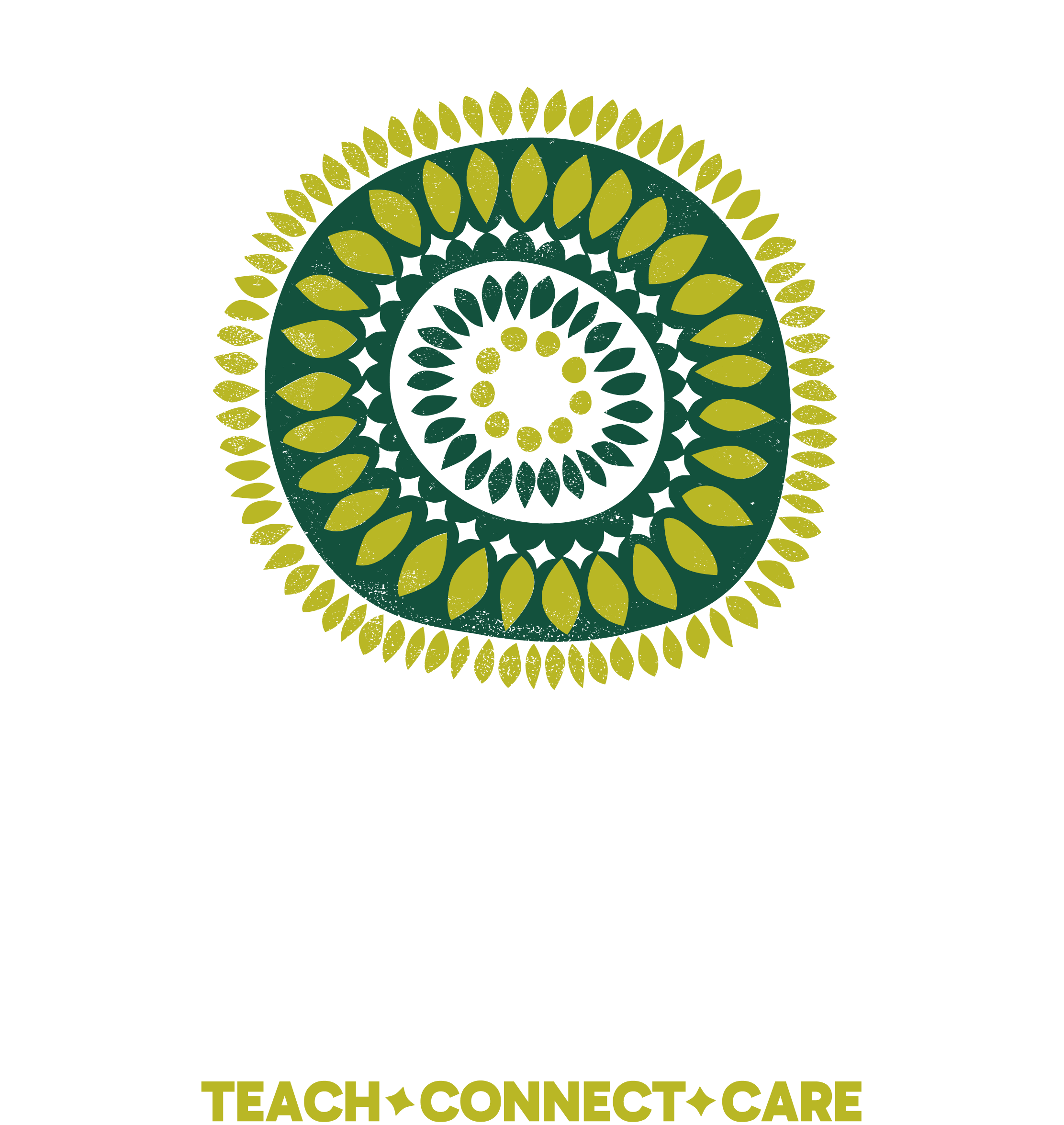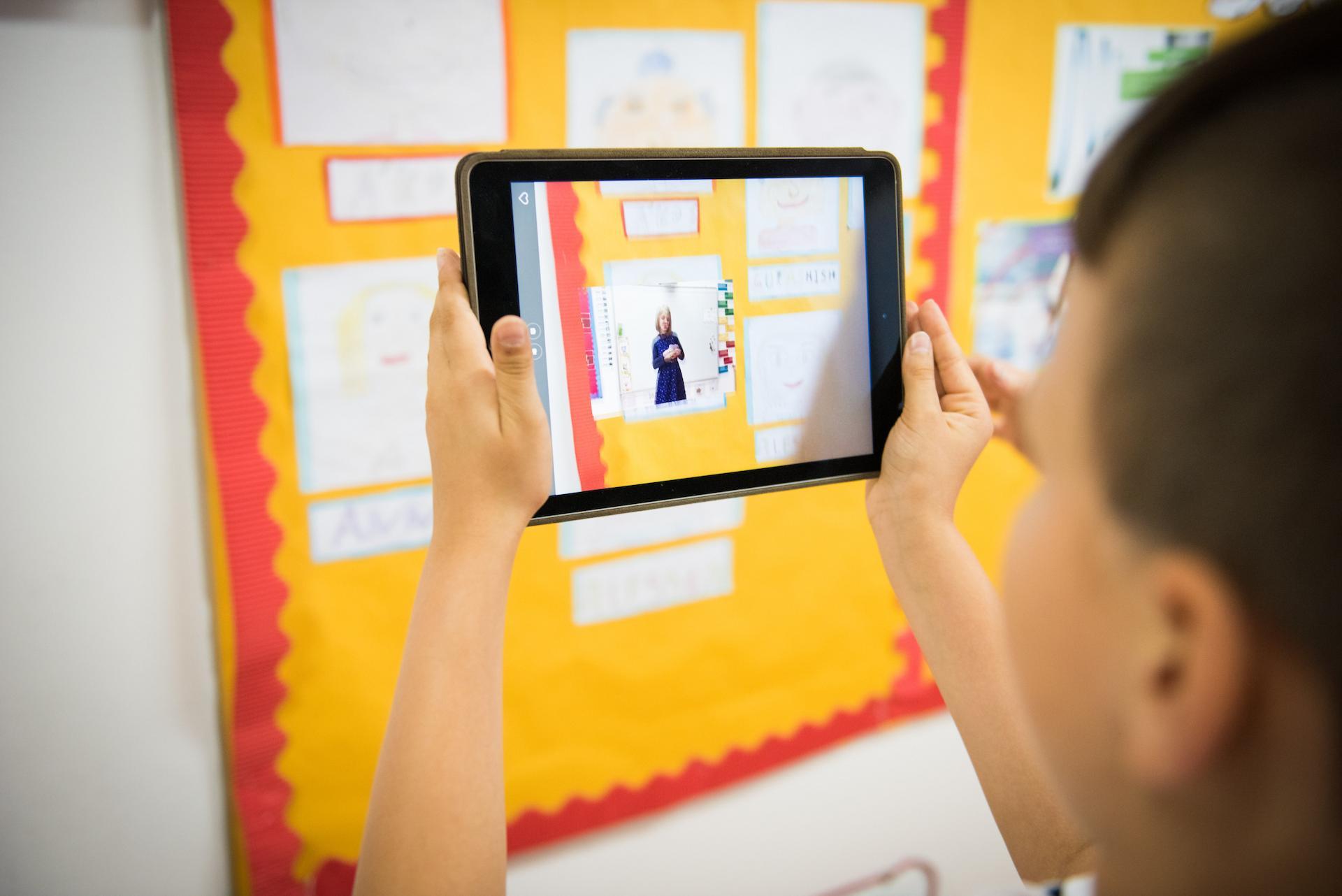

Primary School
We believe in a holistic education, one that is not only about academics, but about developing the social, emotional and mental wellbeing of the child, preparing children with the essential skills and understanding to take the next steps in their learning. For us, skills as well as understanding and knowledge are essential to develop in these formative years.
Academic progress
At Transylvania College, we prioritize student development and academic progress. We track progress consistently and intervene when needed. We issue settling-in reports three weeks after a new student joins, end-of-term academic reports three times a year, and facilitate participation in national exams for students on the Romanian line. Progress Tests are completed by students from Year 3 through Year 6, and we have a Transition Programme to support students moving between key stages.
Project Based Learning
At Transylvania College, we believe in empowering students through Project-based Learning (PBL), a dynamic approach where, by coming up with relevant questions to inform their learning, students delve into authentic, complex challenges over an extended period. By integrating PBL into our curriculum, students develop critical thinking, creativity, problem-solving, and communication skills. This hands-on method enables them to tackle real-world issues, ensuring they're better prepared for life beyond the classroom.

Wellbeing Objectives are achieved through:
- The Wellbeing Curriculum
- Each teacher spending one to one time with each child, building a trusting, positive relationship
- Connection Time- 20 min/day, every morning with the purpose of allowing children to share and explore feelings, express needs, build connection at group level
- Having a Wellbeing Counselor who spends time with individual children, as needed, to support their wellbeing
- 1:1 counseling, starting with children aged 10 and up
- 1:1 counseling for parents Wellbeing support groups for children, on a case by case basis, for a limited period of time
- Teaching children to build, maintain and repair relationships, resolve conflicts by learning and using the Restorative Approach
- Classroom rules and limits The support provided by the counseling and medical staff to students, staff and parents Monitoring the social-emotional development of all children to ensure that every child meets the age-appropriate developmental stages.This is done by counseling specialists and, when needed, support plans are created with each family going through the counseling process.
- Weekly Wellbeing Primary Assembly, organised every Wednesday morning
Primary Year Groups
Romanian Line
The Romanian line classes follow the Romanian National Curriculum enriched by the Cambridge Global International curriculum in English lessons from K-Stars (Clasa 0) up to Grade 5. The children undertake the Romanian National Evaluations at the end of Grade 2 and Grade 4 in Maths and Romanian.
- Grade 0
- Grade 1
- Grade 2
- Grade 3
- Grade 4
- Grade 5*
British International Line
Our International line classes follow the British Curriculum from Year 1 up to Year 6. The children from Year 3 to Year 6 sit the annual Cambridge Progress Tests in June which provide data at the end of the year of each individual child’s progress and attainment in Maths, English and Science.
- Year 1
- Year 2
- Year 3
- Year 4
- Year 5
- Year 6
*This year, more than ever, the wellbeing of children is what drives our decisions. Looking at the children in grade 4, we strongly feel that they would benefit from an approach that is more in line with what happens in primary school on the international line, where Year 6 - the equivalent of Grade 5 is still part of primary. This approach more closely matches the children's developmental needs at this age. Therefore, starting in the 2024-2025 academic year, grade 5 will be part of the primary school provision.